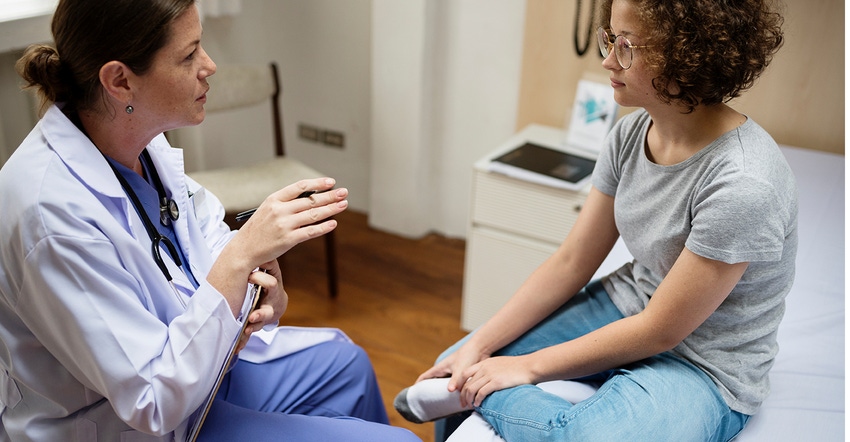
There are a lot of things about getting older that are unpleasant and most of us don't really talk about. I'll wager that the requisite colonoscopy is one of them.
OK, let's get this out up front. I have had three colonoscopies in this calendar year. Yeah, that happens when complications arise. Three preps. Yep, I've actually done that.
For starters, no, I haven't had cancer. Not even really close. But I have had some interesting complications that probably most people never even think about,
In January, I had a big scare — a rectal bleed. I went to the emergency room in a panic, was there for 9 hours at a price tag around $11,000 (thank you Medicare and Mutual of Omaha). The doctor ultimately decided that it wasn't an immediate problem and sent me home with instructions to schedule a follow-up colonoscopy. (Prep No. 1.)
I did that. I didn't get results right away and didn't particularly worry about it. After three or four weeks, I called the doctor's office and made an appointment for follow-up. And at that meeting, things started getting interesting.
I walked in expecting to be told that I needed to eat more fiber. About 10 minutes into the visit, the doctor told me that he had found a “difficult” polyp that he wasn't able to remove but had taken pieces for biopsy. The pathology report, he said, showed “high grade dysplasia,” meaning a likelihood of cancer. In fact, he said, there might already be cancer cells in the polyp that might have even spread to the appendix. His recommendation was hemicolectomy — removal of about 3 feet of my colon, including the appendix, part of the small intestine and possibly my gall bladder (which, by the way, is at the upper end a long, long way from the polyp.)
“You have a lot more colon that you need,” he said. “It's no big deal.”
To me, it seemed like an exceedingly big deal. Let's understand. I'm 69 years old. I have my tonsils. I have my ovaries. I have my uterus. I have my appendix and gall bladder. I am a retained body parts kind of person. We're talking a (maybe) cancerous polyp about 2 centimeters in diameter. To remove a 2-centimeter polyp, we need to remove 3 FEET of colon?
I told him I would need a second opinion. I came home in shock and started researching. And that's when I found out that removing difficult polyps is a medical specialty and there are a LOT of people who do it. While the polyp in question — located at the end of the right colon in the cecum — is one of the more difficult, it is hardly impossible.
I found Dr. G.S. Raju at the M.D. Anderson Cancer Center in Houston, a specialist in endoscopic mucosal resection of colon lesions. I called his office and shared my story. I got an appointment right away and went to Houston for a procedure in April. (Prep No. 2.)
Dr. Raju removed the polyp without complication in a 40-minute procedure. I went home less than 24 hours later and was back at work the next day. It was negative for any cancer cells. He scheduled me for a follow-up in 6 months to make sure the polyp did not re-grow.
For comparison, the recommended surgical procedure would have been major surgery with at least four days in the hospital and WEEKS of recovery. With the possible complications, we're talking “rest of your life” kind of consequences such as uncontrollable diarrhea, abdominal cramps, food intolerance and more.
So, we're now in October. (Prep No. 3). And the news is positive. No regrowth of polyp. No issues detected in full colonoscopy. I'm healthy. I'm good to go. My colon, sans disease, is still inside my body.
This is the power or second opinions, of not accepting what “my doctor” says and of being just a bit stubborn when it comes to MY body parts. If you face this issue, don't panic. Research. It may not be as bad as it seems.
About the Author(s)
You May Also Like




